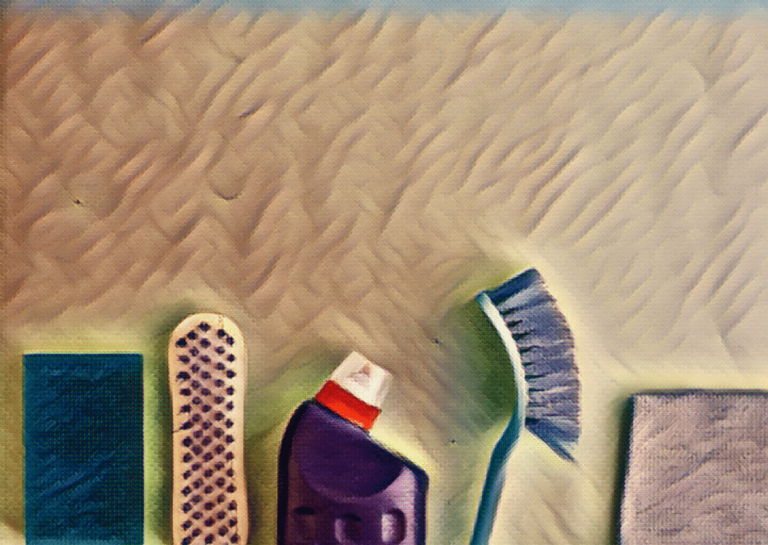Extensive evidence from psychology, evolutionary biology, and anthropology suggest that children have an innate desire to help others and take responsibility. No chore charts or allowances are needed. In this article, we’ll discuss the research behind kids’ innate willingness to help and how parents can implicate this with chores at home without bribes, punishments, or allowances.
A recent July study published in Human Development illustrated this theory. Lucia Alcala, a psychologist at the California State University, Fullerton, led the study in the Yucatan. Researchers set out to find more about children’s views of their contributions to chores. They asked Maya children why they voluntarily do chores around the house. The children explained that they liked helping and that it is a shared responsibility of family members. The children’s sense of belonging and responsibility towards the family was the driving force behind their contributions. They attended to the needs of the family, taking the initiative to learn and help.
There are a few ways for parents to tap into their kids’ innate drive to help their families. First, parents can decrease resistance to help by focusing on doing chores as a family as opposed to individual tasks. For example, if you’re doing laundry, everyone helps fold everyone else’s clothes. Or if you’re making beds, parents and kids help with all the beds.
Second, make sure your kids are making genuine contributions to the group task. For example, if you are cleaning the dinner table, there are tasks they can do that are small such as grabbing the vacuum. There are tasks that are quick, such as putting the forks on the table. But they are real contributions. Don’t wipe down the table then hand your child the cloth and ask them to wipe down the table. They will know that you’re not letting them make real contributions which devalues their willingness to help.
When children and families work together to contribute, they feel like they are important, valued, capable, and a part of something bigger than themselves. These feelings are rewards in themselves that motivate children to continue helping.
A good place for parents to start is by talking with their family about their values. By talking about values, you can help your children see the importance of doing these things instead of focusing on the negative connotation of doing chores. For example, you can say brushing teeth is about valuing and caring for our bodies. We do the dishes because we are a “helping family” and everyone does their part.
References
Doucleff, M. (2021, August 15). A global guide for parents: How your kids can have fun without stressing you out. NPR. Retrieved October 19, 2021, from https://www.npr.org/sections/goatsandsoda/2021/08/15/1027425635/a-global-guide-for-parents-how-your-kids-can-have-fun-without-stressing-you-out.
Alcalá L, Cervera Montejano M, D, Fernandez Y, S: How Yucatec Maya Children Learn to Help at Home. Human Development 2021;65:191-203. doi: 10.1159/000518457
Alcalá L, Rogoff B, Mejía-Arauz R, Coppens A, D, Dexter A, L: Children’s Initiative in Contributions to Family Work in Indigenous-Heritage and Cosmopolitan Communities in Mexico. Human Development 2014;57:96-115. doi: 10.1159/000356763

